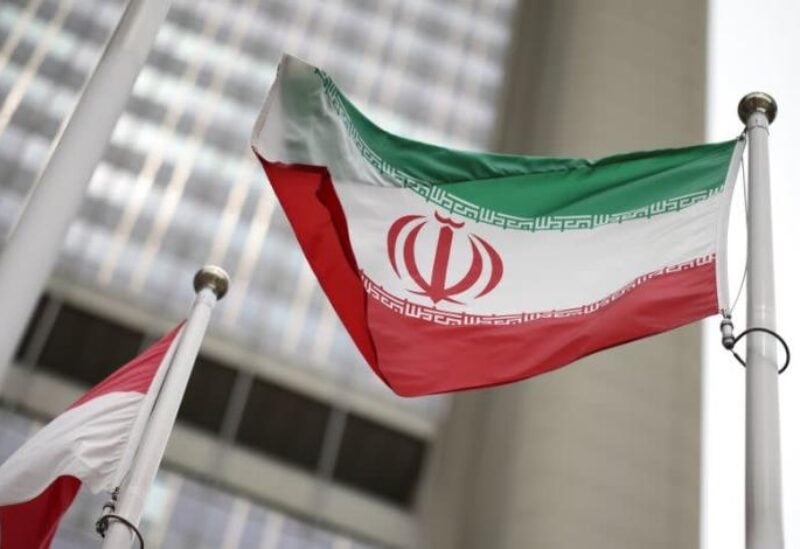
Iran flag
The indirect U.S.- Iranian negotiations to save the 2015 Iran nuclear agreement teetered on the verge of collapse on Friday, when they were postponed until next week, with European diplomats voicing dismay at Iran’s new hardline administration’s demands.
The seventh round of negotiations in Vienna is the first with Iran’s anti-Western President Ebrahim Raisi sending representatives. His election in June created a five-month pause in the talks, raising concerns among US and European officials that Iran is stalling nuclear progress.
According to diplomats, the Iranian team, led by nuclear negotiator Ali Bagheri Kani, has suggested major revisions to the language of an agreement reached in earlier rounds. European authorities have objected to the proposed revisions to a meticulously written paper that they claim is 70-80% complete.
“Iran halted talks more than five months ago. Iran has accelerated its nuclear program since then. “It has backtracked on diplomatic progress made this week,” senior officials from France, the United Kingdom, and Germany said in a statement, adding that Iran was seeking “significant adjustments.” “according to the text
They said that it is “unclear how these additional gaps can be bridged in a reasonable time period.”
The three European powers expressed “disappointment and concern” at Iran’s demands, some of which they said were incompatible with the deal’s terms or went beyond them.
The 2015 agreement imposed strict limits on Iran’s uranium enrichment activities, extending the time it would need to produce enough fissile material for a nuclear bomb, if it chose to, to at least a year from around two to three months. Most experts say that period is now shorter than before the deal.
Iran denies seeking nuclear weapons, saying it only wants to master nuclear technology for peaceful purposes.
In exchange for the nuclear restrictions, the deal lifted a panoply of international sanctions against the Islamic Republic.
After more than two years of Iranian adherence to the core curbs, however, then-President Donald Trump pulled the United States out of the deal in 2018, calling it too soft on Tehran, and reimposed painful economic sanctions on Tehran.
Tehran retaliated as of 2019 by breaching many of the deal’s limitations on enrichment and other restrictions, and advancing well beyond them. With the deal’s nuclear benefits now badly eroded, some Western officials say there is little time left before the foundation of the deal is damaged beyond repair.
FIRM STANCE
Bagheri Kani’s uncompromising stance is that since the United States left the deal, it is up to Washington to make the first move by lifting all sanctions imposed on Iran since then, even those unrelated to Tehran’s nuclear activities.
Bagheri Kani told Reuters on Monday that the United States and its Western allies also should offer guarantees to Iran that no new sanctions would be imposed on it in the future.
Western negotiators take a return to the original deal as their base line, meaning that if Iran wants more sanctions than those mentioned in the deal to be lifted, it should offer more in terms of nuclear restrictions.
“In order to give a concrete and clear response to our proposals, other parties felt necessary to consult with capitals,” Bagheri Kani told reporters after the talks adjourned on Friday.
This week’s talks ended as usual with a meeting of the remaining parties to the deal, Iran, Russia, China, Britain, France and Germany. Officials said they will resume mid-week.